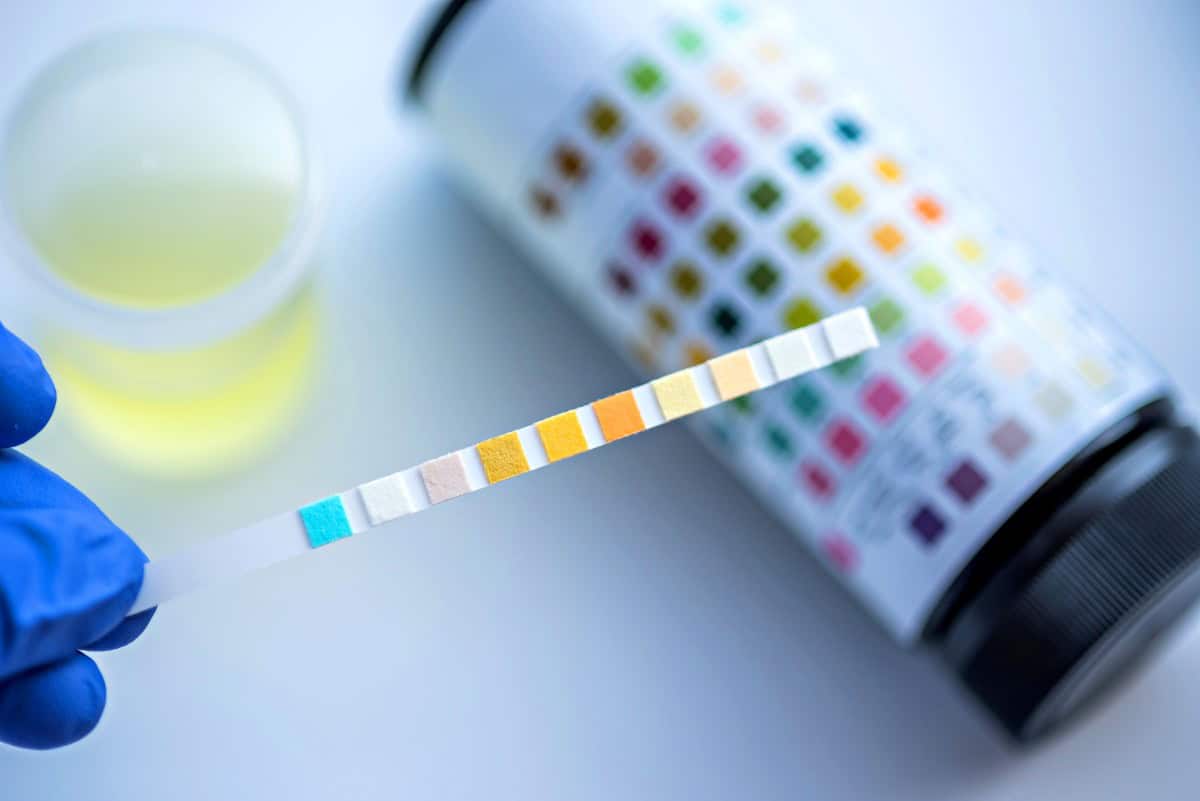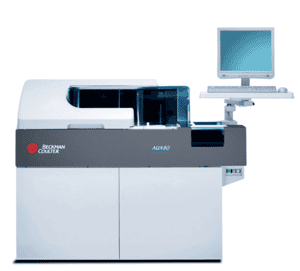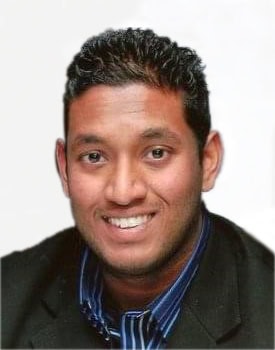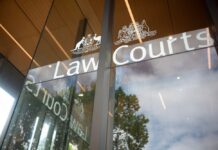Protecting mine sites from synthetic substances

While mine sites are able to quickly and accurately test employees with standard drug and alcohol screening (DAS), there is an increased need to test for synthetic substances which go undetected in routine testing.
Australian Clinical Labs toxicologist Dasun Suwandaratne says the company is now offering urine testing for synthetic drugs, with more capabilities under development.

Synthetic substances continue to evolve in the Australian market. According to the 2013 National Drug Strategy Household Survey, 1.3% people had used synthetic cannabinoids in the last 12 months and 0.4% Australians had used other NPS (New Psychoactive Substances) in the last 12 months.
Current routine screening is not set up to detect these drugs. This means employees who have used synthetic substances will pass a routine drug screen and commence work. This presents a massive risk to workplace health and safety that can ultimately hit company revenue. Mr Suwandaratne says Australian Clinical Labs has tailored its method to test for synthetic drugs that have more prevalence in the current climate.
“At Clinical Labs, our current synthetic panel focuses on testing for Oxycodone and synthetic Cannabis,” he said.
“This is a screen method in urine through our Immunoassay and will detect the presence of Oxycodone as well as over 50 synthetic Cannabis products.”
“Companies can be rest assured that by performing routine testing of these synthetic substances, they will be a step ahead of the drug market.”
“Clinical Labs will continue to develop expanded synthetic panels in urine which includes emerging illicit substances to move with market abuse.”
“We can run tests for synthetic substances using the same urine specimen collected for routine DAS based on the need of the client.”
“Our overall synthetic panel will be unique to the Australian Clinical Lab group.”
Clinical Labs uses a Liquid Chromatography Mass Spectrometry Instrument (LCMS) to confirm results and is developing methods to conduct further LCMS testing for a wider range of synthetic substances.
What is involved in DAS for clients?
Australian Clinical Labs offers rapid lab-based drug screening and confirmation in both urine and saliva, in accordance with both AS 4308 and AS 4760. The company also offers lab-based alcohol screening.
In recognising the fast-paced operational and productivity needs of mining clients, the company provides on-site drug screening in urine, on-site saliva screening and on-site alcohol breath testing.
“Onsite DAS testing is both time saving and efficient, allowing greater integration of a drug free workplace program with minimal interference with daily operations,” Mr Suwandaratne said.
“Clients who participate in regular drug and alcohol screening, have prevented numerous individuals attending sites after returning non-negative results.
“This can prevent workplace incident and injury. It also saves businesses time and money.” Instant urine and saliva kits can be supplied for these on-site collections and testings.
ToxWipe 7 is Australian Clinical Labs’ preferred on-site testing device for saliva. “The collector will use this device to swab the mouth and it will provide a rapid on-site negative or non-negative response on-the-spot,” Mr Suwandaratne said.
“A negative result clears an individual, but if the person tested returns a nonnegative, confirmation testing is required on a LCMS instrument in our laboratory to confirm substance presence.”
The entire process for saliva testing takes a few hours – this includes the setup and cleanup – but the individual sampling itself takes about 15 minutes.
The instrument run time can vary depending on the number of samples.
“We have the ability to do everything in a day,” Mr Suwandaratne said.
“We are able to get the sample extracted, run on the instrument and provide the client with the results the same day for an additional fee as it will require some extra resources in term of staff time.”
Drug and alcohol testing is paramount to keeping workplaces safe and reducing the risks of accidents or injuries due to workers being affected by drugs or alcohol.
Rapid turnaround time & always one step ahead
Australian Clinical Labs can assist companies with providing a safe work environment for all employees.
“We have a team of qualified, experienced and highly professional personnel that we can mobilise whenever we need to go to site or office to perform urine and saliva DAS, as well as breath alcohol testing,” Mr Suwandaratne said.
Along with performing drug screening in both urine and saliva, according to their respective Australian Standards, the team also tests for alcohol in urine along with other drugs that a client may request.
“The annual cost of alcohol related absenteeism alone is estimated to be up to $1.2b, while alcohol and other drug use account for approximately $5.2b in lost productivity and workplace injuries and deaths,” Mr Suwandaratne said.
“While the dollar cost to businesses across Australia might be quite a shock to some, it’s nothing compared to the human cost, with alcohol use contributing to 5% of all Australian workplace deaths and 25% of workplace accidents.”
The toxicology department of Australian Clinical Labs consists of clinical experts, including Mr Suwandaratne and clinical pathologist Dr Tony Mak, that are on-hand to help businesses with any toxicology related queries.
Australian Clinical Labs offers rapid turnaround time, quality analysis and reporting and has the ability to test for other drugs that are not routinely included in the AS 4308 standard list of drugs.
“Our commercial team is available to answer any queries and can tailor solutions to the needs of individual organisations,” Mr Suwandaratne said.
“We value long-term partnerships and strive to provide a service that is unparalleled every time.”
Australian Clinical Labs Toxicologist
Dasun Suwandaratne BSc(Hons)MSc
Dasun Suwandaratne is a toxicologist with almost 15 years’ experience within the field of toxicology (both forensic and workplace). This includes senior roles both in Australia and the United Kingdom.
Dasun has previously worked as a senior examiner at LGC Forensics (now known as Eurofins’ Forensic Services) in London, before migrating to Australia to take on the role of chief scientist (toxicology, special chemistry and trace elements) at Laverty Pathology.
Dasun’s main projects have included:
- improving the efficiencies for urinary drugs of abuse testing to AS/NZS 4308:2008;
- revalidating oral fluid analysis for drugs of abuse in accordance to AS/NZS 4760:2019; and
- analysis of synthetic cannabinoids using high resolution mass spectrometry set up.
Dasun has brought his expertise to the role of scientist-in-charge (toxicology) for Clinical Labs WA, with a focus on expanding drugs and alcohol services (DAS) including saliva testing.






















